I have an admission to make. When I was in college not only did I not inhale, but when it came to pot, I never imbibed. Yes, I am one of the few who stumbled out of the 70s without anything more intoxicating than a cute coed or a beer (drinking age then was 18). So, it is with some trepidation and shock that years later, the State of New Jersey has placed in my hands the power to order marijuana.
Now truthfully, it is not so amazing, cannabis is just another drug I have not used. I have never taken chemotherapy, narcotic pain medications, diabetic drugs or hundreds of other chemicals that I have professionally ordered for decades. Still, even though medical practitioners have prescribed marijuana for several thousand years, it is somewhat bizarre that someone who retreated at the sweet scent of smoking weed to the musty smell of library shelves, is now responsible for ordering quarter ounce bags. Based on my experience I am not the only one surprised and a little confused.
In recent days, I have seen several patients befuddled about the approved uses of prescription pot. Mary has lung cancer under the care of another oncologist. She saw me not to change docs, but rather to obtain medical marijuana. While not an unreasonable request, especially in light of her disease, this 82-year-old’s reason was; “The Internet says that cannabis can cure cancer.” Another patient wanted it to treat his chronic back pain. The next day, Edwin inquired about a script for marijuana to prevent claustrophobia during air travel. As I explained to the three, in order, “not true”, “perhaps partially affective, but not legal” and “The TSA strongly advises; ‘traveling while stoned, not a good idea’.”
So, in order to prevent future odd conversations, let us review the legal uses of medical marijuana in New Jersey and the steps necessary to get a prescription. This is not like most other drugs, where it is the doctor’s decision whether to prescribe a treatment based on the his judgment. The State has a specific process and has approved only certain medical indications. Both doctors and patients who stray from this path, do so only at significant legal risk. Whatever your beliefs are regarding recreational reefer; we are talking healthcare here, and not entertainment.
The approved debilitating medical conditions approved by the New Jersey Medical Marijuana Program are:
◦ Amyotrophic lateral sclerosis (ALS)
◦ Multiple sclerosis (MS)
◦ Terminal cancer
◦ Muscular dystrophy
◦ Inflammatory bowel disease, including Crohn’s disease
◦ Terminal illness, if the physician has determined a prognosis of less than 12 months of life.
The following conditions apply, if resistant to, or if the patient is intolerant to, conventional therapy:
◦ Seizure disorder, including epilepsy
◦ Intractable skeletal muscular spasticity
◦ Glaucoma
The following conditions apply, if severe or chronic pain, severe nausea or vomiting, wasting syndrome results from the condition or treatment thereof:
◦ Positive status for human immunodeficiency virus
Acquired immune deficiency syndrome
Cancer
If a patient has one of these conditions, then the next step is to see a physician who has registered with the State of New Jersey to prescribe these medicines. A list can be found on the Medical Marijuana Program’s website. In order for that doctor to prescribe the drug, they must have a “bona fide” relationship with the patient. In NJ bona fide means that a relationship has existed for at least one year, the patient has seen the doctor at least four times or the doctor does a complete medical exam and assumes responsibility for treating the debilitating condition.
After seeing the patient, the doctor certifies the patient on the State Website. After that, the patient must register. This is done online and requires documentation, including photo identification and proof of NJ residency. A patient must pay $200 to register and if they wish to send someone else to pick up the drug, as it cannot be mailed, that caregiver must also register and pay $200. Patients under 18 must register with a legal guardian.
The patient must pay for the drug, which is not covered by private or government health plans. Marijuana is supplied only at recognized ATCs (Alternative Treatment Centers), of which there is so far only one, Greenleaf Compassion Center in Montclair, although five more may soon open.
Marijuana in New Jersey is packaged in eighth and one-quarter ounce bags. The most that can be supplied is two ounces per month (the equivalent of 50 to 110 joints). This is parallel to any prescription pain medication for which the usual maximum amount is 120 doses per month. The physician can certify each patient for up to 90 days and then the patient must see the doctor and be recertified. Like any intoxicating substance, a patient using medical marijuana can not drive or operate dangerous machinery, nor can it be used in any car in motion, smoked on public transit, in school, in a park, on the beach or in jail. I find the last restriction redundant.
Marijuana has benefit in certain patients with the conditions noted above. Usually other prescription medications and treatments will be more effective. On the other hand, cannabis is safe, with no confirmed overdose deaths in the world literature. In most people it causes positive changes in mood and perception, although in some it can increase panic, paranoia, cause rare hallucinations and while not classically addictive, highly dependent patients can have significant social malfunction and impairment. Like cigarettes it may, if used heavily for years, increase the risk of chronic lung disease and cancer. However, compared to many prescription medications and alcohol, marijuana has few side effects. Nonetheless, a frank conversation between the physician and patient regarding risks, benefits and alternatives, is vital in deciding whether to use this drug.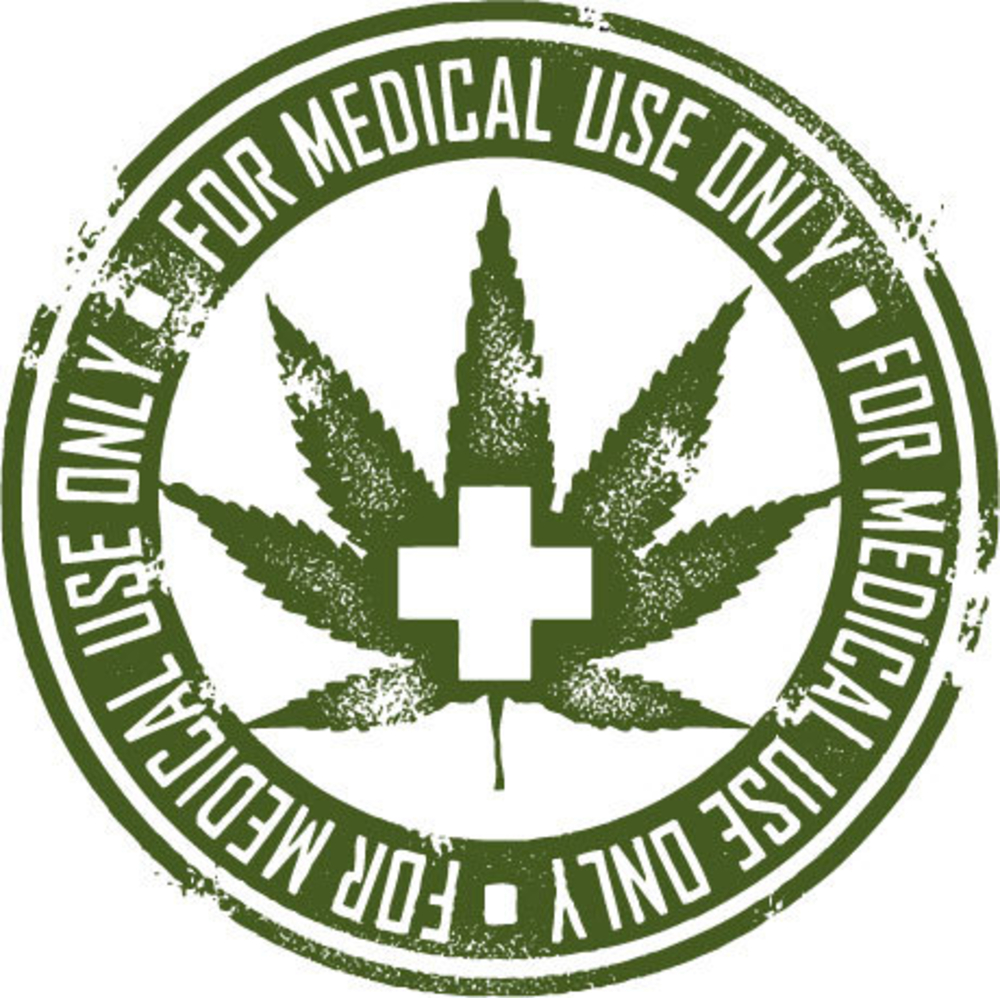
As an oncologist, I am happy to see another drug in the armamentarium to help our patients, especially as they battle complications of the dread disease. While I do not see marijuana as a major breakthrough, it does offer another choice and will help some patients. As a closeted nerd, I scratch my head. I guarantee no one in my dorm, thirty years ago, would have believed that I would become a cannabis connection.


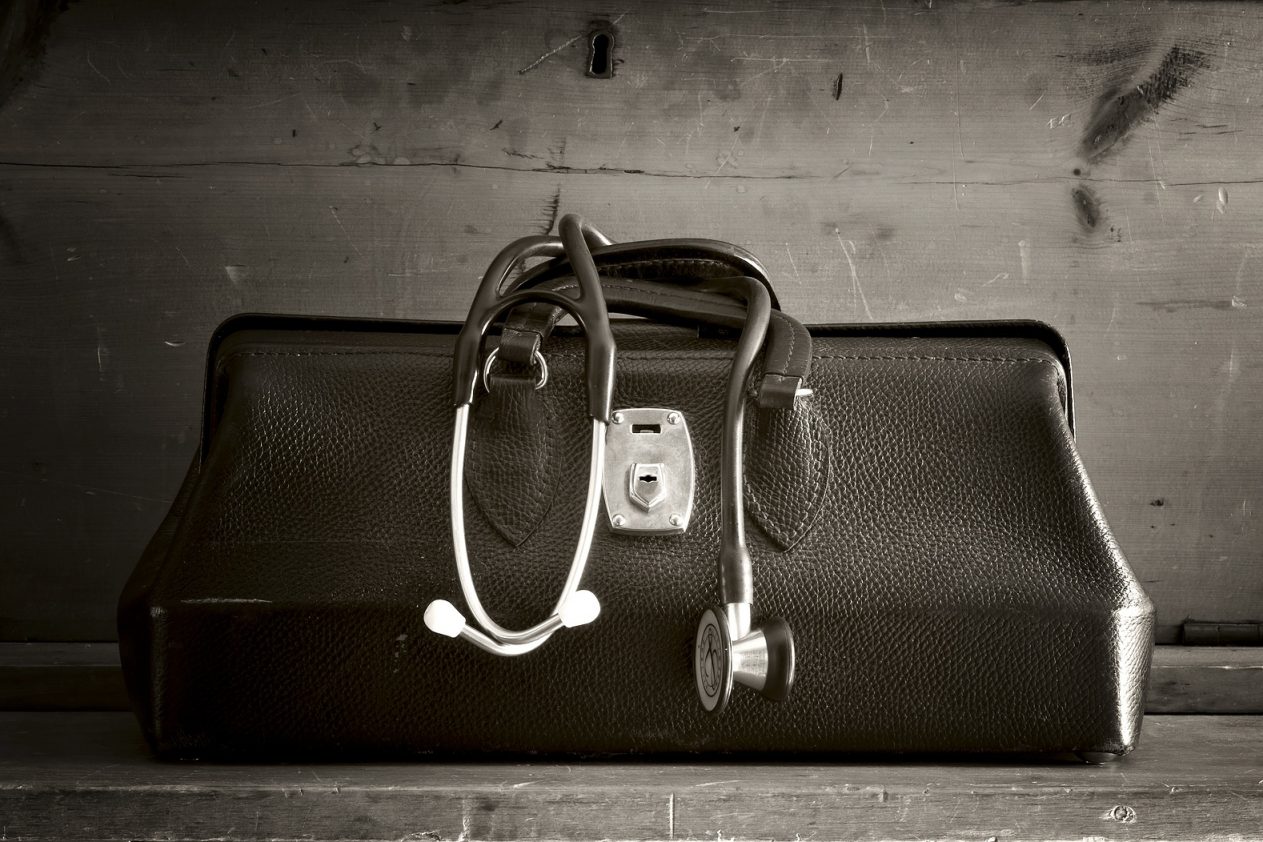
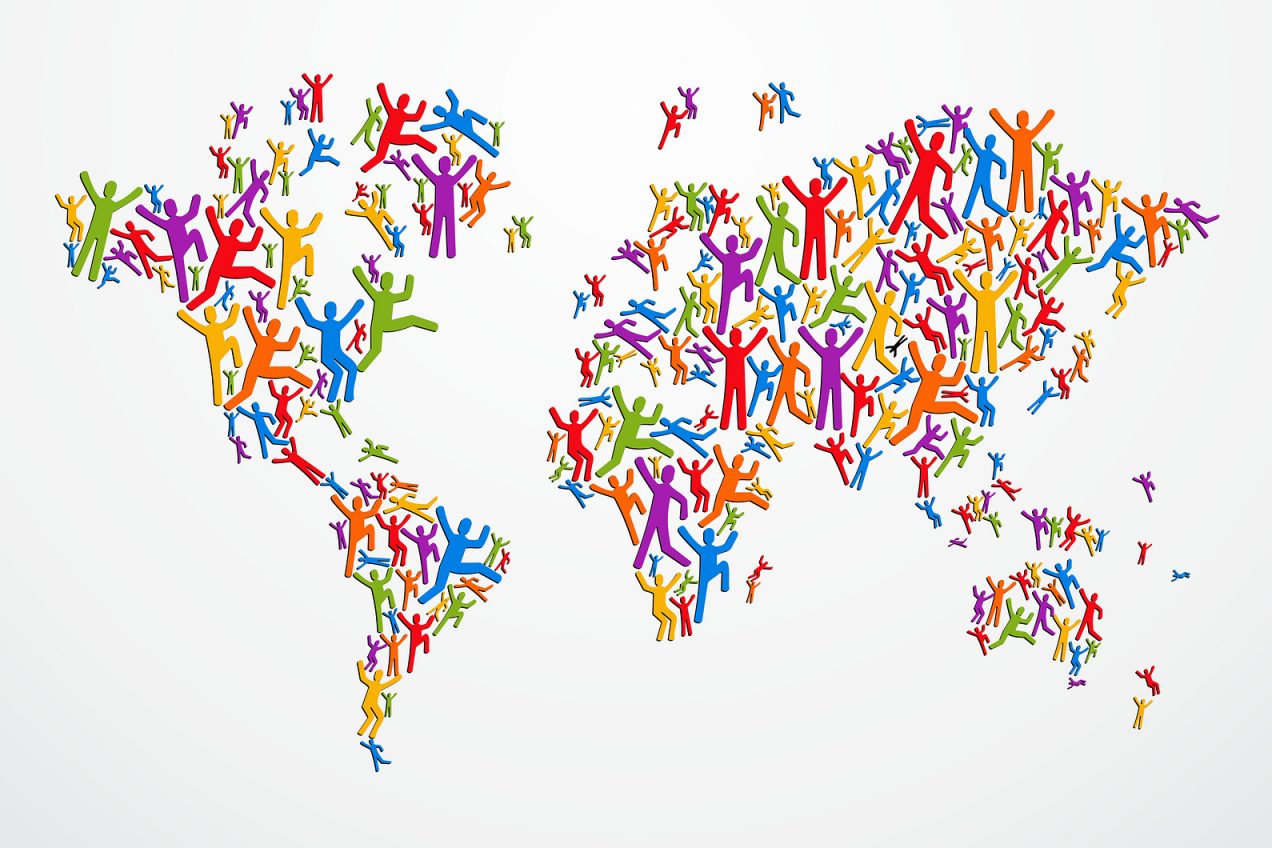
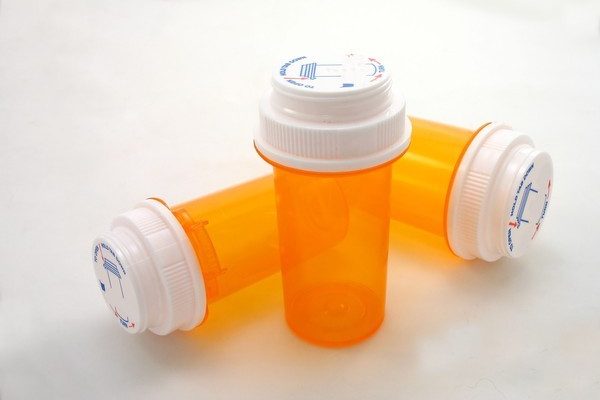
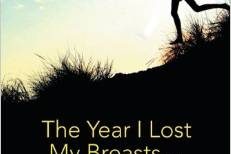
16 Comments